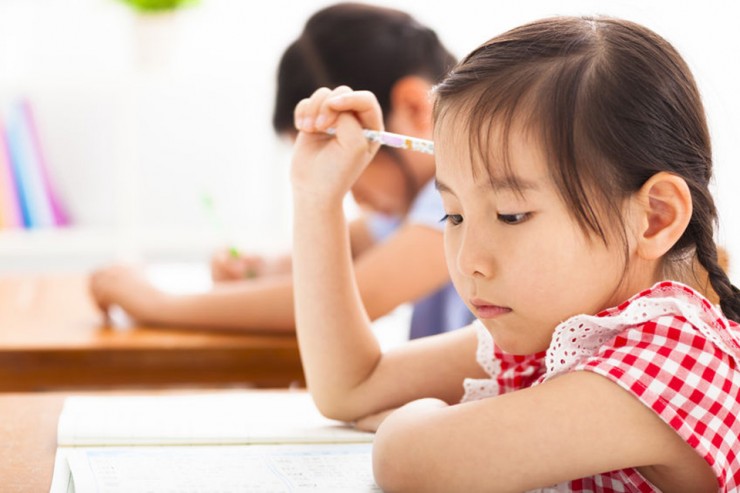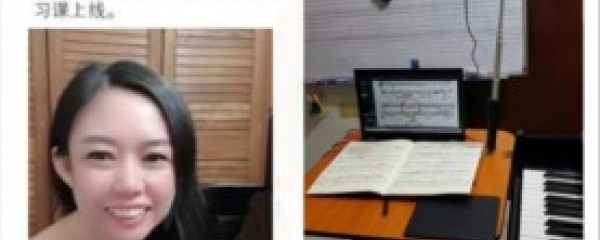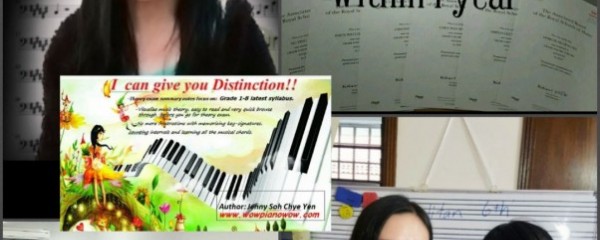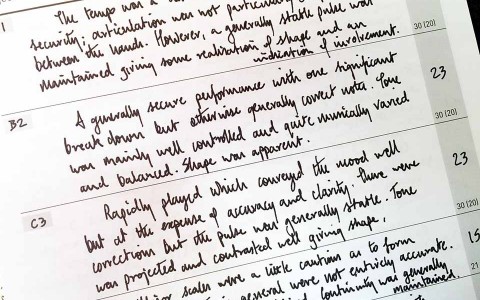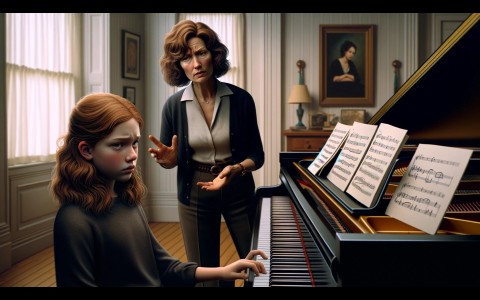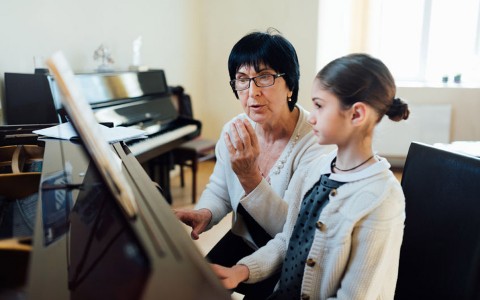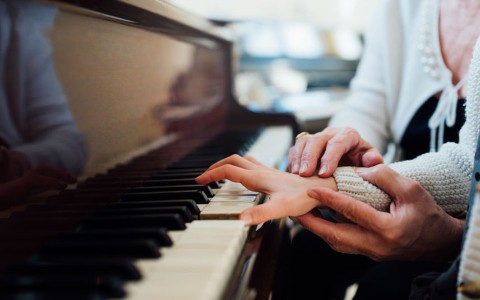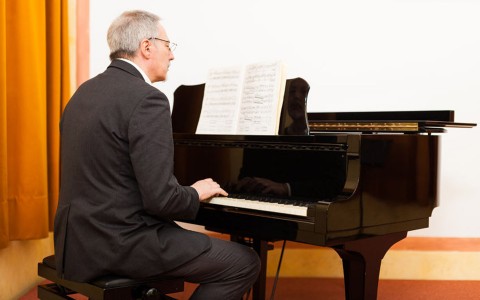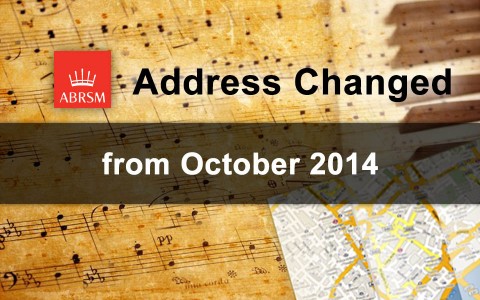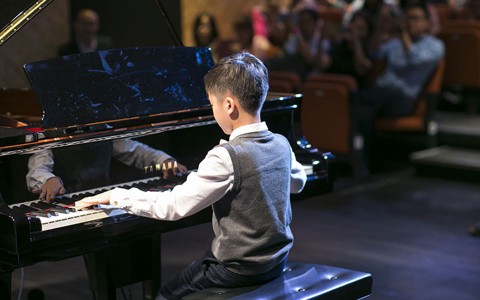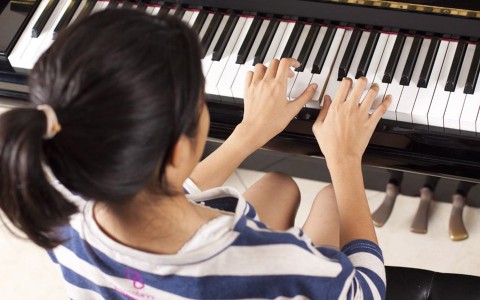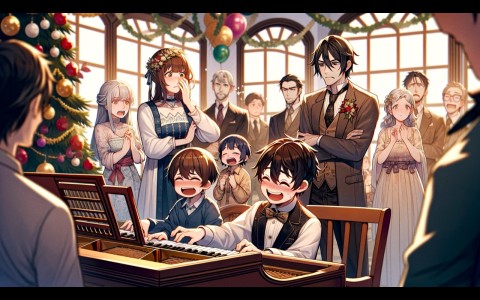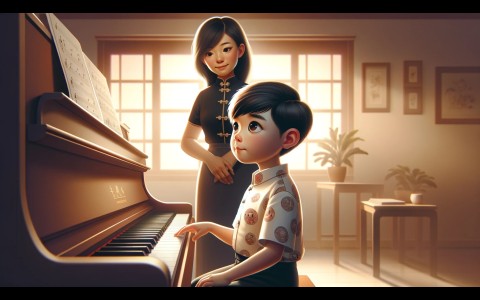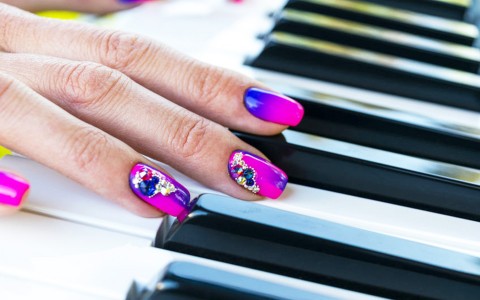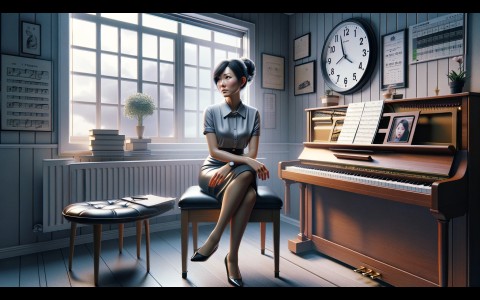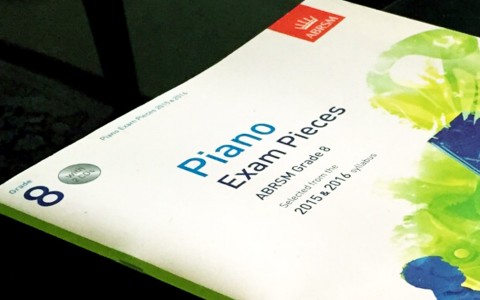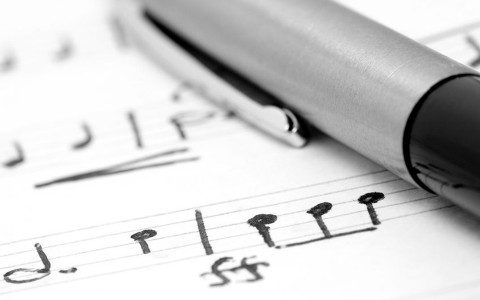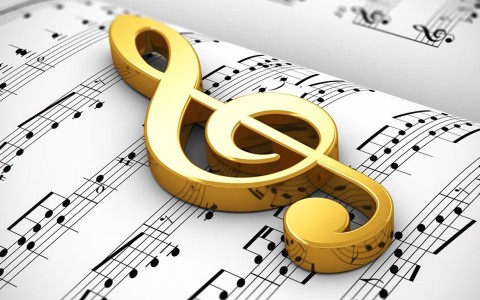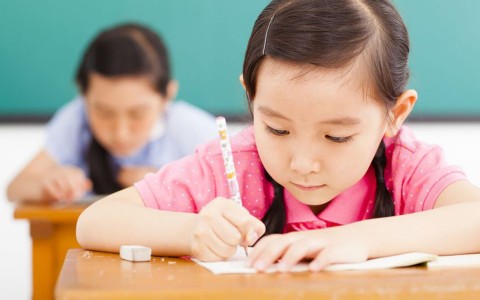The pursuit of a craft is a lifelong commitment, an endless journey with no single destination. Mastery is the outcome of years of dedicated practice and the continual search for knowledge. Even when one becomes proficient in one's chosen craft, the process of betterment never ceases. This is especially true for an art like music. After learning the fundamentals of music, a student will move on to advanced techniques and theories, culminating finding their own style or identity in performing. Music, in particular the art of playing the piano, is a popular yet serious discipline in Singapore, which most people look upon favourably as a sign of cultivation and civility.
However, in Singapore, the pursuit and enjoyment of piano has to compete with a rigorous education system that is based primarily on examination grades. As a result, parents who heretofore may have been encouraging their children in their piano studies, often cancel piano lessons during exam periods to allow their children more time to study. Such an approach has significant implications for piano teachers and their students, and we shall explore this issue from the perspective of parent, child (student) and piano teacher.
Parent's Perspective
Employees with higher education usually command a higher pay from companies in Singapore. Enrolment into a prestigious local university is based almost exclusively on one's A-Level results. Junior Colleges, which offer the A-Level syllabus, grant admission by virtue of one's O-Level score. Similarly, admission to preferred secondary schools is dependent on a student’s Primary School Leaving Examination (PSLE) score.
It can be seen that the education system in Singapore is constantly meritocratic yet competitive. Students are under pressure to do well in examinations throughout their academic life. Parents are thus understandably concerned about ensuring enough time for their children to revise during exam periods.
To provide an environment conducive for studying, all potential distractions such as extra-curricular activities, including piano lessons, are often set aside. It would be difficult for a piano teacher to insist on lessons being carried out during the exam season, for if the child performs badly, the parent may assign blame to the teacher. Therefore, many piano tutors compromise for the sake of their students' academic interests.
Teacher's Perspective
On the other hand, a piano teacher has the responsibility of ensuring the students maintain a consistent degree of proficiency. During the exam period, there will generally be a lull of about four weeks, where a student revises for two weeks before sitting for the papers of various subjects in another two weeks.
Because of a lack of practice during this period, his piano skills may deteriorate. After the exams are over, the piano teacher may have to spend considerable time getting the student back to his original standard before his lessons were paused. This redundant length of time needed for re-acquainting with the instrument can be up to a few months.
Pursuing a skill should entail regular effort and optimally should not suffer a lull. Just as a student is not expected to slow down in his education journey, so should he avoid slowing down in his musical endeavours.
In addition, a piano teacher has to watch out for his or her own interests. There are two major examinations in every academic year and if a student ceases his lessons for a month per exam season, the teacher will suffer a reduction in income for two months per year. The reduction will only increase along with the number of school-going students the teacher accepts.
Many piano teachers are self-employed and thus do not enjoy benefits like CPF contributions from an employer, paid leave, medical rebates, maternity or paternity leave, or performance bonuses. Any disruption to the teaching schedule will impact them immensely, since regular lessons give them a stable income. In anticipation of an inevitable loss of income and to protect themselves, these teachers often raise their monthly fees or continue charging even if lessons are cancelled.
Student's Perspective
A child's attitude towards music will determine his view towards the cessation of piano lessons during the exam period. Those who possess a passion for music will find its application soothing and therapeutic in stressful exam times, and may even feel stifled if not given the opportunity to play the piano.
Those who are forced by their parents to take up piano lessons, or who do not have an affinity with the instrument, will no doubt breathe a sigh of relief.
Older students such as those above the age of fifteen could, by having already displayed responsibility and maturity, persuade their parents to allow them to continue piano lessons even during the exam season. Such students are likely to maintain a high degree of interest in the piano even during academic exam periods.
Conclusion
In the days past, cancelling piano lessons during the school exams was not the norm. That it has become commonplace today could be due to changes in parental expectations, a more challenging curriculum, and the way education in Singapore is intertwined with society. Parents prioritise academic performance for their children because they feel that, compared to proficiency in the piano, good examination results will allow their children to secure a better job and lead a better life.
One final point of consideration is that pausing piano lessons and then making up for them after the exams affect different learners differently. If the student is not enthusiastic, revision will prove to be taxing for both teacher and disciple. But if the student is already zestful towards music, picking up from where he had left off would be easy.
Parents need to encourage their children to communicate their study plans during the exam period, their passion towards playing the piano, and how confident they are of maintaining both academic results and musical studies, in order to determine whether they can accommodate piano lessons in the midst of examinations.
